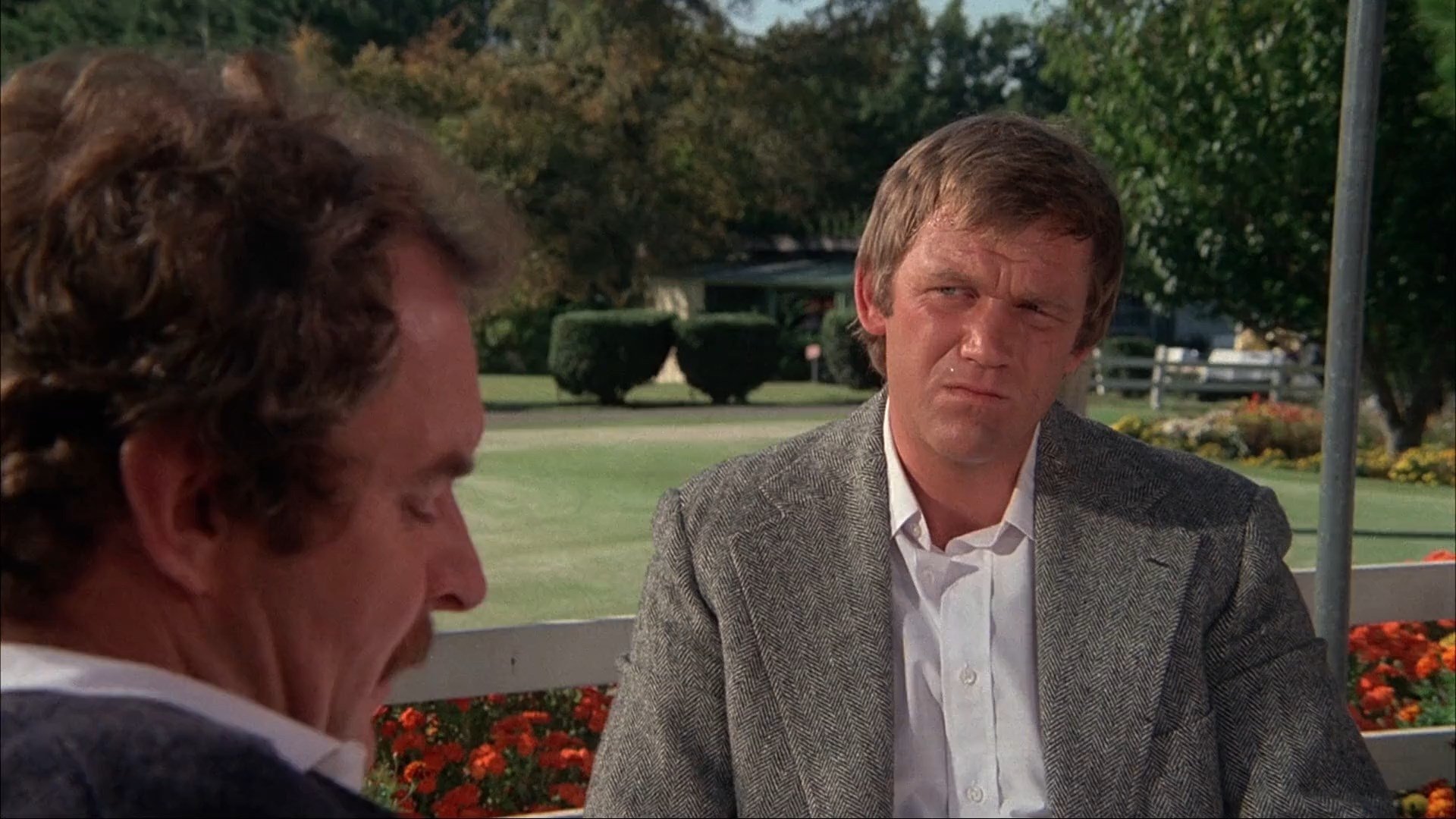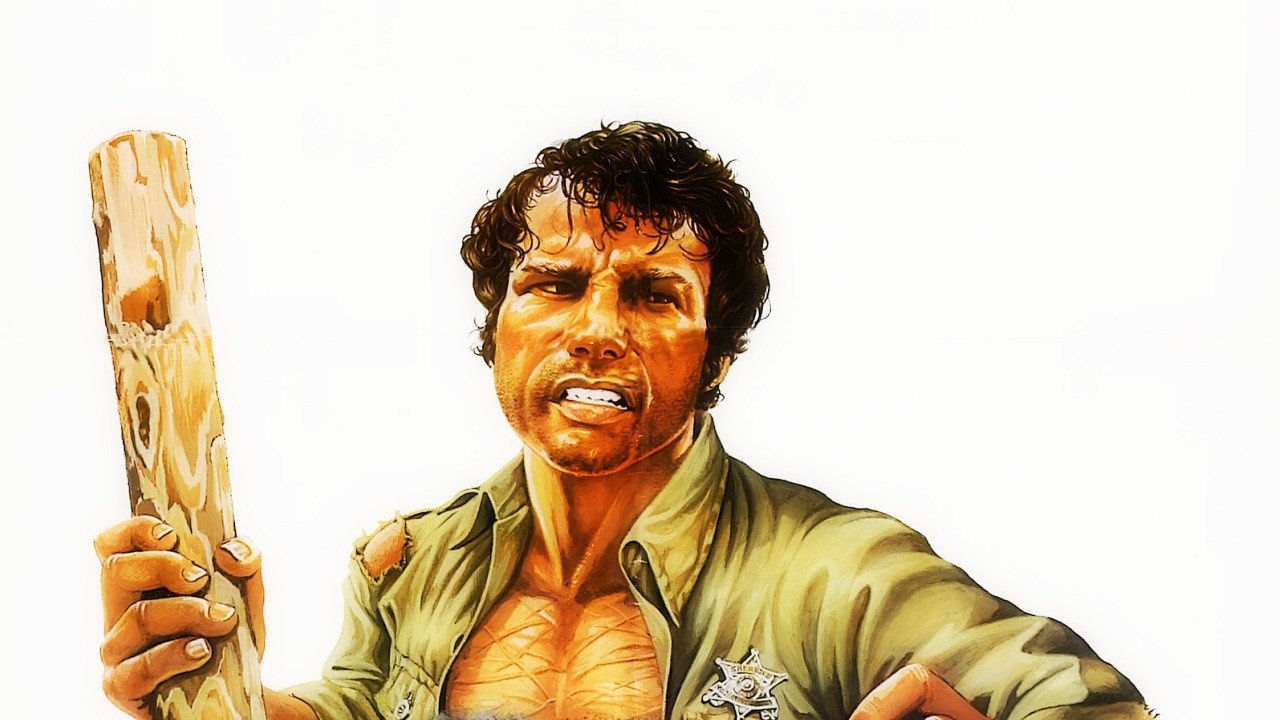Walking Tall Final Chapter, the gripping conclusion to the iconic Walking Tall franchise, brings Buford Pusser’s legendary battle against corruption and crime to a thrilling end. This action-packed film explores themes of justice, revenge, and vigilantism, leaving a lasting impact on the action genre.
As Sheriff Buford Pusser faces his most formidable adversaries, the film delves into the real-life story of the man behind the legend, examining his motivations and methods. With stunning action sequences and a thought-provoking narrative, Walking Tall Final Chapter is a cinematic tour de force that will keep you on the edge of your seat.
Walking Tall Franchise

The Walking Tall franchise is a series of action films that began with the 1973 film of the same name. The films are based on the real-life story of Buford Pusser, a Tennessee sheriff who fought against corruption and crime in the 1960s and 1970s.
The Walking Tall films have been praised for their action sequences and their portrayal of Pusser’s fight against corruption. However, they have also been criticized for their violence and their glorification of vigilantism.
Key Themes and Characters
The Walking Tall films explore the themes of justice, corruption, and vigilantism. The films’ protagonist, Buford Pusser, is a flawed but ultimately heroic figure who fights against the forces of evil in his community.
The films also feature a number of memorable supporting characters, including Pusser’s wife, Pauline; his deputy, Carl; and his friend, Jake. These characters provide support and guidance to Pusser as he fights for justice.
Impact on the Action Genre and Popular Culture
The Walking Tall films have had a significant impact on the action genre and popular culture. The films’ action sequences are often praised for their realism and intensity, and they have helped to define the action genre for decades.
The films have also been influential in popular culture. The character of Buford Pusser has been referenced in numerous other films and television shows, and the films have been parodied in several comedies.
Synopsis of Walking Tall Final Chapter
Walking Tall Final Chapter is the fourth and final film in the Walking Tall franchise. The film was released in 1979 and stars Bo Svenson as Buford Pusser.
In the film, Pusser is once again fighting against corruption and crime in his community. This time, he is targeted by a group of corrupt politicians who are trying to take over his county.
Pusser must use all of his skills and resources to defeat the corrupt politicians and save his community. The film is a thrilling and action-packed conclusion to the Walking Tall franchise.
Buford Pusser

Buford Pusser was an American law enforcement officer who served as sheriff of McNairy County, Tennessee, from 1964 to 1970. He became known for his efforts to combat crime and corruption in the county, which was notorious for its moonshine production and organized crime activities.
Pusser’s Real-Life Story
Buford Pusser was born in Adamsville, Tennessee, in 1937. He joined the U.S. Army after graduating from high school and served in Korea. After his military service, Pusser returned to Tennessee and worked as a deputy sheriff in McNairy County. In 1964, he was elected sheriff.
As sheriff, Pusser quickly gained a reputation for being tough on crime. He cracked down on moonshining, gambling, and prostitution. He also took on organized crime figures who were operating in the county.
Pusser’s efforts to clean up McNairy County made him a target for criminals. He was shot and seriously wounded in 1967. Despite his injuries, Pusser continued to serve as sheriff until he was assassinated in 1970.
Pusser in the Walking Tall Films
The Walking Tall films are a series of action films based on the real-life story of Buford Pusser. The first film, Walking Tall (1973), starred Joe Don Baker as Pusser. The film was a critical and commercial success, and it spawned two sequels, Walking Tall Part 2 (1975) and Walking Tall: The Final Chapter (1977).
The Walking Tall films portray Pusser as a larger-than-life hero who uses violence to fight crime. However, the films also show Pusser’s softer side, as he is a devoted husband and father. The films have been praised for their action sequences and their portrayal of Pusser as a man of integrity and courage.
3. Action Sequences and Stunts

Walking Tall: Final Chapter is renowned for its exhilarating action sequences and jaw-dropping stunts that elevate the film’s overall impact and entertainment value.
The action sequences are meticulously choreographed, showcasing a blend of martial arts, hand-to-hand combat, and high-octane vehicular chases. The cinematography captures the intensity and fluidity of these scenes, using dynamic camera angles and close-ups to immerse the audience in the action.
Special Effects
The film employs state-of-the-art special effects to enhance the impact of the action sequences. Explosions, car crashes, and other high-energy moments are executed with precision and realism, adding to the film’s thrilling and immersive experience.
Impact on Tone and Entertainment Value
The action sequences in Walking Tall: Final Chapter are integral to the film’s tone and entertainment value. They provide a visceral and adrenaline-pumping experience, keeping the audience on the edge of their seats. The choreography, cinematography, and special effects combine seamlessly to create a cinematic spectacle that amplifies the film’s message of justice and retribution.
Themes and Social Commentary: Walking Tall Final Chapter

Walking Tall: The Final Chapter delves into profound themes and offers a thought-provoking social commentary.
Justice
The film explores the complexities of justice and the limits of the legal system. Buford Pusser’s pursuit of justice for his slain wife and the corruption within his community highlights the frustration with the inability of traditional law enforcement to protect the innocent.
Revenge
Pusser’s actions are driven by a thirst for revenge against those who have wronged him. The film raises questions about the moral implications of vigilantism and the potential for it to escalate into a cycle of violence.
Vigilantism
The film examines the role of vigilantism in the absence of effective law enforcement. Pusser’s actions challenge the boundaries between justice and taking the law into one’s own hands.
Corruption
Walking Tall: The Final Chapter exposes the deep-rooted corruption within local government and law enforcement. The film highlights the devastating consequences of corruption on the community and the challenges faced in holding those in power accountable.
Violence
The film graphically depicts the brutal violence that pervades Pusser’s world. It serves as a stark reminder of the real-life dangers faced by those who fight against corruption and injustice.
Role of Law Enforcement, Walking tall final chapter
The film raises questions about the role of law enforcement in protecting citizens and upholding justice. Pusser’s disillusionment with the police highlights the need for effective and accountable law enforcement.
Closing Summary

Walking Tall Final Chapter stands as a testament to the enduring legacy of Buford Pusser and the enduring power of the action genre. Its exploration of complex themes, coupled with its relentless action, makes it a must-see for fans of both classic and contemporary cinema.
User Queries
What is the significance of Buford Pusser in the Walking Tall franchise?
Buford Pusser, the real-life inspiration for the Walking Tall films, was a sheriff in McNairy County, Tennessee, known for his unwavering commitment to fighting crime and corruption.
How does Walking Tall Final Chapter differ from the previous films in the franchise?
Walking Tall Final Chapter serves as a standalone conclusion to the franchise, providing a definitive ending to Buford Pusser’s story.
What are the key themes explored in Walking Tall Final Chapter?
The film explores themes of justice, revenge, vigilantism, corruption, and the role of law enforcement.
